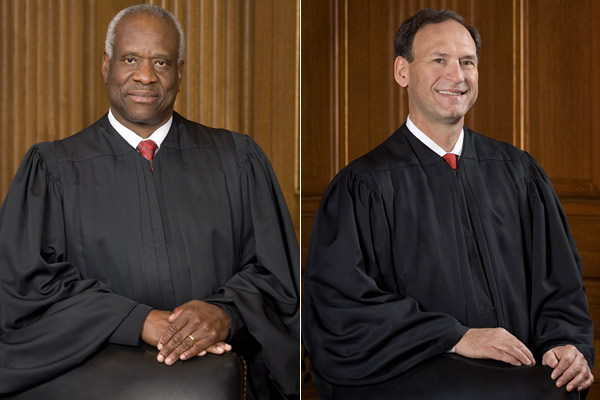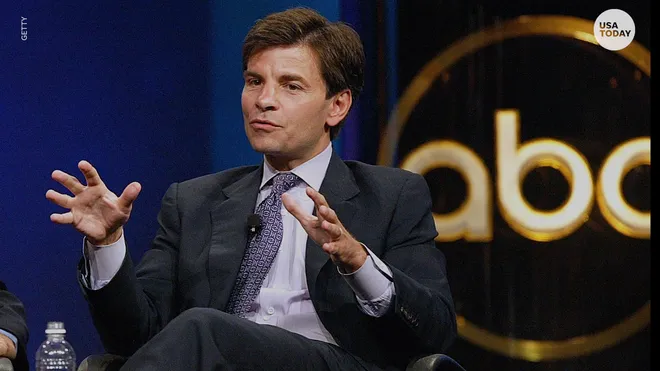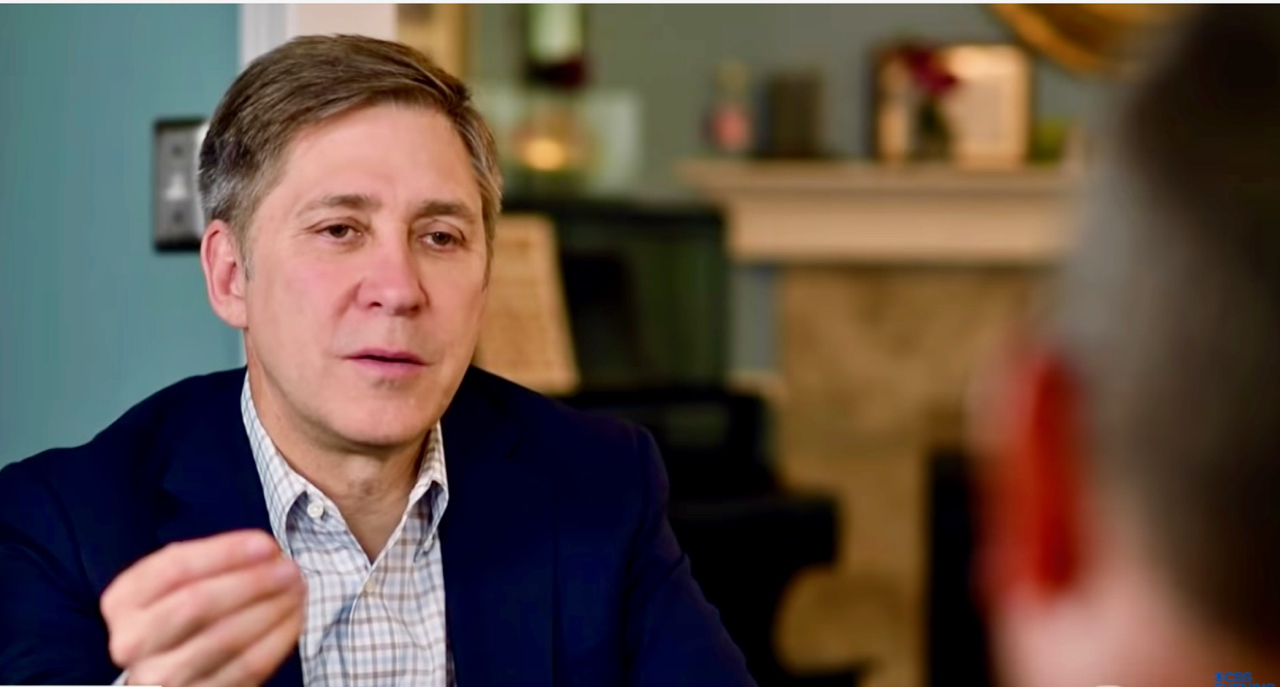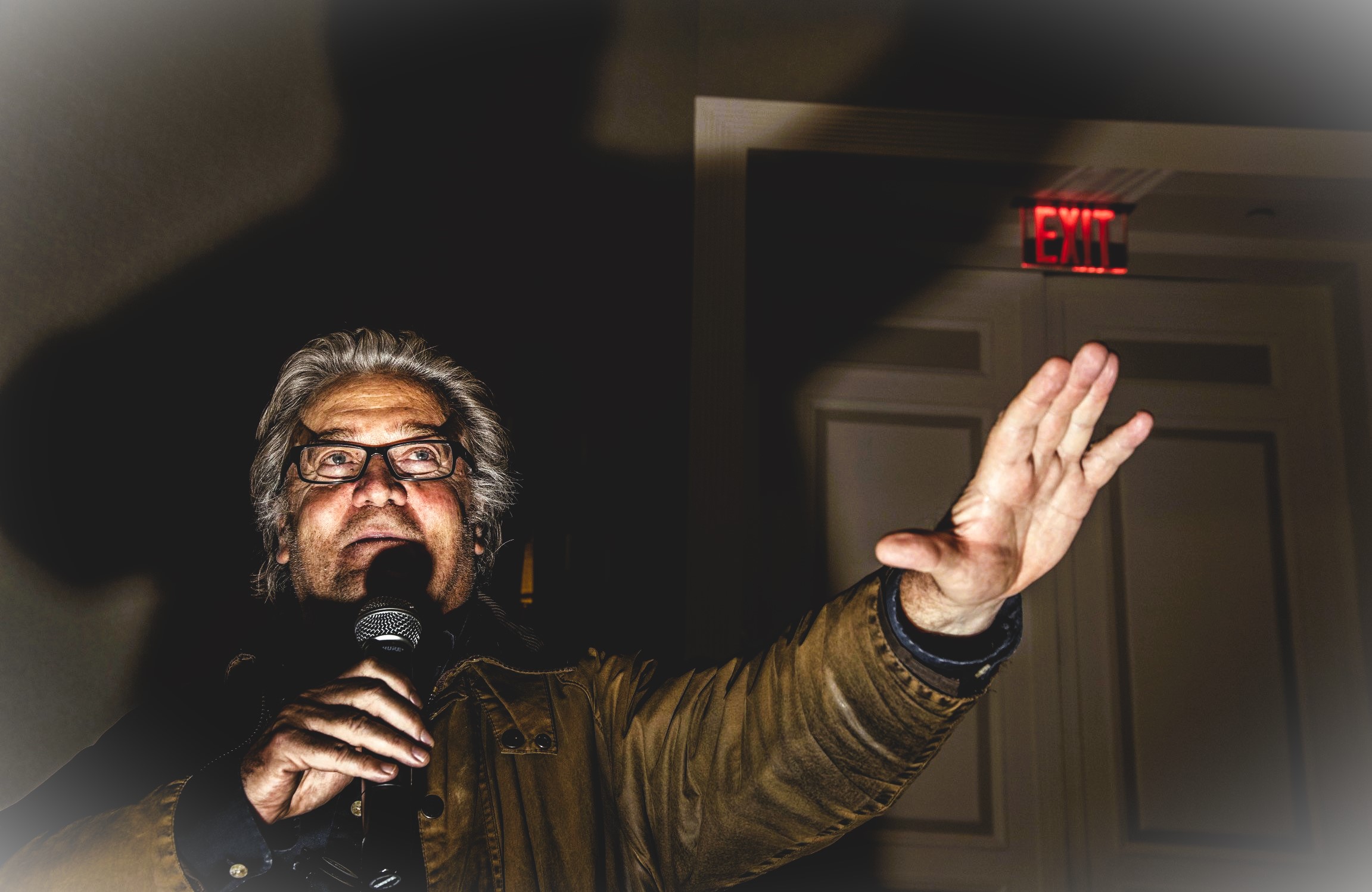
After recent reports of ethics scandals, it appears the two “learned” justices need a remedial course in ethics. It’s a good thing I’m here to help.
“Gentlemen, the study of law is something new and unfamiliar to most of you — unlike any other schooling you have ever known before… You teach yourselves the law, but I train your minds. You come in here with a skull full of mush; you leave thinking like a lawyer.” Prof. Kingsfield, “The Paper Chase”
“Let’s open our textbooks to the Code of Conduct for US Judges.
“Justice Thomas, you look a little lost. Justice Alito, could you help your classmate? It’s chapter one. Find it? Good.
“Now, since this is a remedial class, I will synthesize the key points, so you don’t have to read the entire text for homework tonight. That way you can focus on the key passages and still have time to do your research work for the Supreme Court.
“Ahem . . . ‘The Code of Conduct for United States Judges includes the . . . ethical canons . . . that apply to federal judges and provides guidance on their performance of official duties and engagement in a variety of outside activities.’
“Who knows what an ethical canon is? . . . . anyone, anyone at all? Mr. Alito.”
“I think it has something to do with . . . rules?”
“Yes. Webster’s Dictionary defines a canon as “a body of principles, rules, standards, or norms. Okay, here we go.
“Canon 1: ‘A Judge Should Uphold the Integrity and Independence of the Judiciary.’
“Can anyone tell me what the word ‘integrity’ means? . . . anyone, anyone at all? We haven’t heard from you, Mr. Thomas.”
“A firm adherence to a moral code.”
“Yes, we all know that you can read a dictionary. But what does that mean to you, personally? Mr. Alito?
“Well, it means following a ethical set of principles.”
“Very good, Mr. Alito. Let’s continue.
“An independent and honorable judiciary is indispensable to justice in our society. Nod if you agree.”
“Gooooood. I want to make sure that we’re all on the same page.”
“‘A judge. . .’ that’s both of you. ‘A judge should maintain and enforce high standards of conduct and should personally observe those standards. . .”
“Nod, if you agree.”
“Very good.”
“‘A judge should maintain and enforce high standards of conduct and should personally…. personally observe those standards. . . so that the integrity and independence of the judiciary may be preserved. The provisions of this Code should be construed and applied to further that objective.’
“Justice Alito, how does that apply to you?”
“Well . . . I think it means that . . . I should have the integrity to adhere to a set of ethical principles so that my decisions . . . will be viewed as . . .?”
“Will be viewed as . . . as what, Mr. Alito?
“Unbiased.”
“Thank you, Justice Thomas.”
“Thanks, Clarence.”
“No worries.”
“‘Canon 2: A Judge Should Avoid Im-pro-priety and the Appearance of Impropriety in all Activities.’
“What does the word, impropriety mean? Anyone?”
“Something that’s . . . wrong?”
“Well, it may not be illegal, but it’s likely unethical. ‘A judge should respect and comply with the law and should act at all times’ . . . at ALL times . . . ‘in a manner that promotes public confidence in the in-teg-rity—there’s that word again—and im-par-tia-lity of the judiciary.
“Right, gentlemen?”
“Right!”
“‘An appearance of impropriety occurs when reasonable minds—with knowledge of all the relevant circumstances disclosed by a reasonable inquiry—would conclude that the judge’s honesty, integrity, impartiality, temperament, or fitness to serve as a judge is impaired.’
“You two look confused, again. Do you know what that last sentence means. . . . anyone? Justice Thomas? Justice Alito?
“Okay, let’s begin again. Can either of you tell me what the word ‘integrity’ means? . . . anyone?
Comments
Leave a Comment












Great commentary, Jim
“Scintilla” is a word that both justices should fully understand as in “…the mere scintilla of the appearance of impropriety or conflict of interest.”